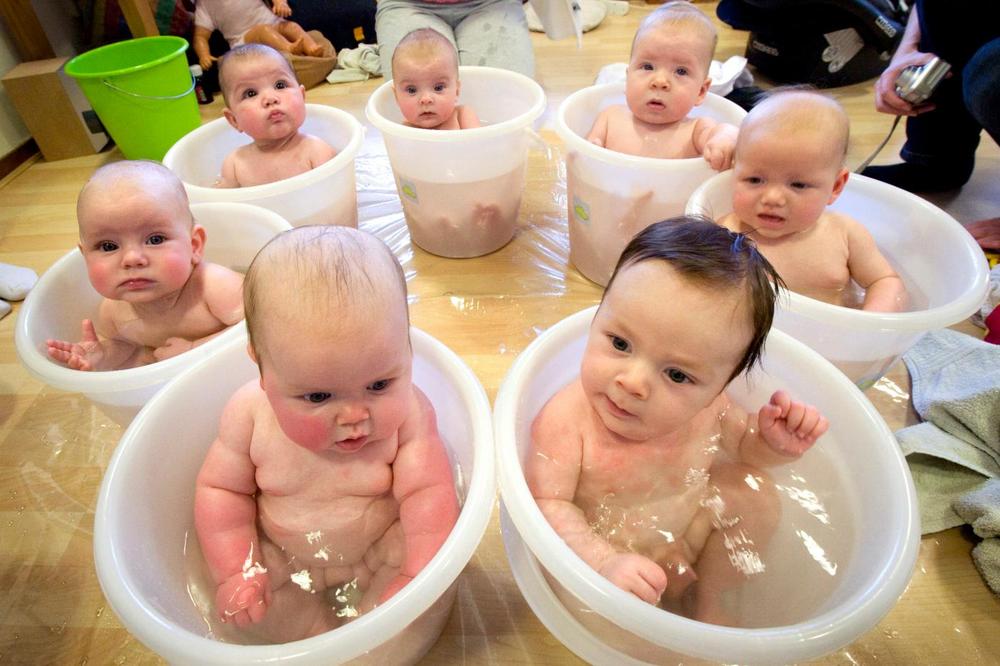I’m excited to share my new article from Quartz on how science will make it safer and easier for a 50-year-old woman to have a child in 2028 than a 25-year-old woman today. #IVG and #DelayedFertilityAdvantage are game changers.
Women’s biological clocks drive human conception—and, in turn, human history.
Biology’s inflexible window of female fertility is generally agreed to be between the ages 18 and 35. Any older, and the risk of miscarrying, not getting pregnant at all, or bearing unhealthy children skyrockets. When the average lifespan for a woman in the Western world now hovers at around 80 years old, this means that less than 25% of her life can be spent easily (and safely) procreating.
Men have the luxury of being able sow their seed for most of their lives with few health ramifications (which is why someone like 72-year-old US president Donald Trump has a 12-year-old child). By comparison, the average woman will only ovulate 300 to 400 eggs in her lifetime, which means she only has the same amount of menstrual cycles to ever pursue procreation.
This seemingly unfair accident of human biology is all about to change, thanks to transhumanist science. Genetic editing combined with stem-cell technology will likely make it safer for a 50-year-old woman to have a baby in 2028 than for a 25-year-old woman in 2018. In two decades’ time, healthy 75-year-old women could be starting new families once more.
